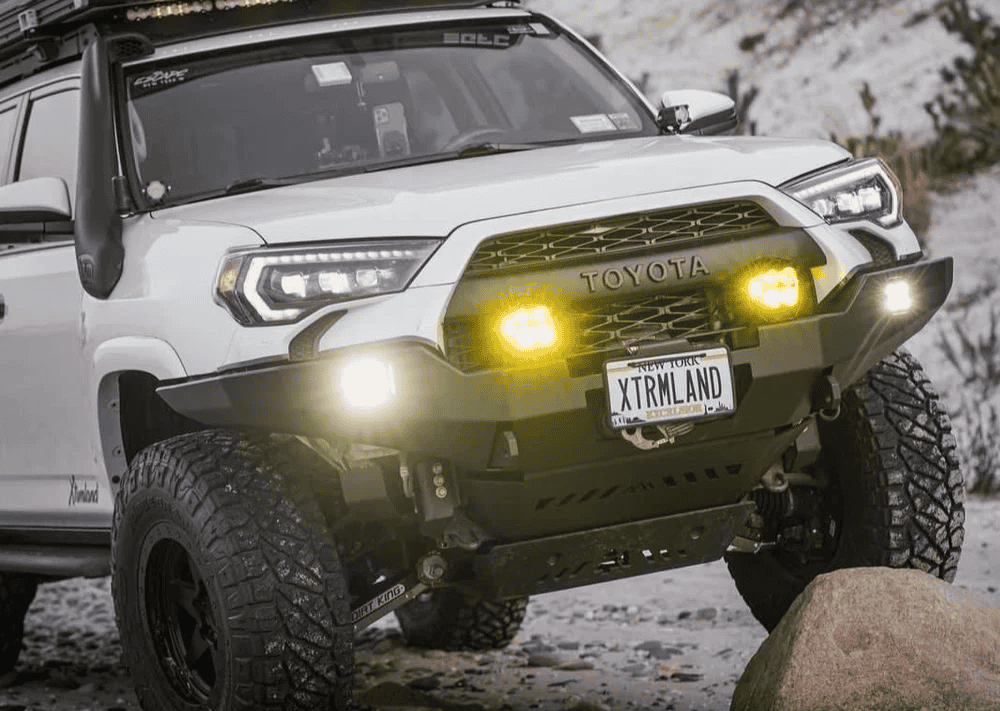Overland Vehicles

Off grid vehicles are built to live comfortably without campground hookups. The core idea is self sufficiency: generate your own electricity, store enough energy to run essentials, carry and filter water, and manage heating, cooling, and ventilation in varied climates. Whether you prefer an off grid camper van, an off grid campervan, a compact truck camper, or larger off grid motorhomes, the fundamentals remain similar. A capable shell, reliable systems, and smart weight management let you drive remote roads and stay put for days.
In practical terms, the platform matters. Vans offer a tight footprint for city parking yet enough volume for sleeping, storage, and systems. Popular choices include high roof cargo vans that provide stand up height and clean interior surfaces for insulation. Trucks with slide in campers or flatbed campers add ground clearance and departure angles that suit rugged terrain. Larger motorhomes can carry more water and power, but they demand wider roads and careful route planning.
Energy starts with a balanced electrical system. Solar panels charge a lithium battery bank through a quality MPPT solar controller. Alternator charging through a DC to DC charger adds reliable energy while driving, and optional shore power charging can top off batteries when available. In most off grid vehicles, efficient loads matter more than raw capacity. Induction cooktops, 12 volt fridges, LED lighting, and brushless fans stretch every amp hour.
Water planning begins with storage, filtration, and conservation. Many off grid vans carry separate fresh and gray tanks sized to trip length and passenger count. Inline carbon filters and portable purification options keep supply safe. Hot water can come from diesel or gas fired heaters with heat exchangers, electric elements powered by the battery bank when capacity allows, or on demand units used sparingly to preserve resources.
Thermal comfort relies on insulation, air sealing, and the right heat source. High quality materials such as closed cell foam and engineered fiber insulation reduce thermal bridging. Ventilated roof fans move moist air out and bring fresh air in. For heat, compact diesel air heaters are popular because they sip fuel and run directly from the vehicle tank. In summer, efficient 12 volt air conditioning units can maintain comfort when paired with a strong battery and charging strategy, though realistic runtime expectations are crucial in warm climates.
A dependable off grid camper van benefits from simple wiring diagrams, correct wire gauges, and protected circuits. Battery monitors that read state of charge, a main disconnect, and fused distribution keep systems safe. Redundancy helps too. If solar disappears under cloud cover, alternator charging keeps food cold and water pumps running.
Think in daily consumption. Many travelers use 2 to 4 gallons per person per day when showering lightly and washing dishes efficiently. In cold weather, insulate tanks and lines inside the conditioned envelope and vent appliances properly. Carbon monoxide and smoke detectors are not optional.
Selecting the right off grid van is about travel style. Weekend trips near trailheads need lighter systems and quick setup. Long range routes demand larger battery banks, bigger tanks, and more storage for gear and food. If you are browsing off grid camper vans for sale, study these factors:
An off grid campervan should also fit the roads you love. Tall vehicles can meet tree limbs. Long wheelbases help interior layouts but hinder tight switchbacks. Shorter builds sacrifice some storage and counter space yet shine on rough two tracks. For off grid motorhomes, plan your route network in advance, check bridge heights, and look at satellite views for turnarounds.
Before committing, map a realistic daily routine. Cook a meal plan that matches your system capacity. Model energy use with fridge duty cycles, fan runtime, device charging, and occasional bursts for induction or air conditioning. If your goal is a quiet backcountry stay, confirm your electrical and water math supports it.
As you dial in your plan, it helps to see finished rigs and real layouts. Review system diagrams, cabinetry techniques, and hardware choices that stand up to vibration and dust. If you want a proven path from concept to keys with an expert team, explore Overland rigs that are built for remote travel. Looking for a focused package on your existing platform? Our Custom overland upfit process aligns power, water, and storage with the trips you actually take. Curious how we approach quality and client experience end to end? Read Why choose OZK Customs for a clear view of materials, methods, and support.
Build or buy, the goal remains the same: a reliable off grid van that keeps you rested, fed, and safe wherever the map thins out. When each system is matched to your pace, you get more days outside and fewer detours into town.
Tell us where you roam, how many nights you stay put, and what comfort looks like for you. We will translate that into a balanced electrical plan, practical water storage, and a durable interior that stays quiet on rough roads. If you are ready to move from ideas to a dialed off grid vehicle, our team is ready to help.
Ready to roam without hookups? Share your travel style and timeline. We will design a dependable off grid van or overland rig that fits your routes, budget, and comfort goals.
ADDRESS:
6159 E Huntsville Rd, Fayetteville, AR 72701
PHONE:
(479) 326-9200
EMAIL:
info@ozkvans.com